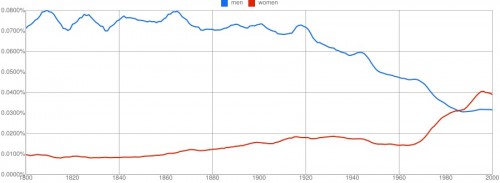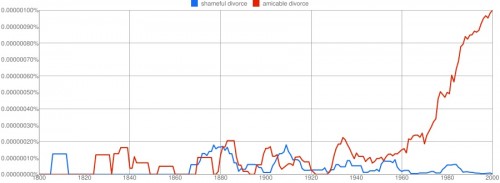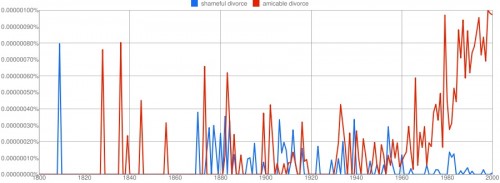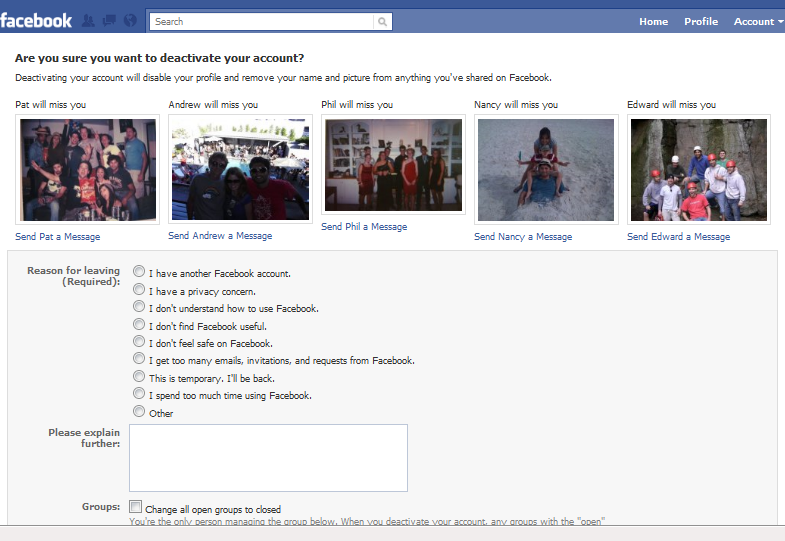Mark Grief wrote a fantastic analysis of the “hipster” in the New York Times. Drawing on a book he edited,”What Was the Hipster?“, with Kathleen Ross and Dayna Tortorici, Grief offers an analysis based on the work of Pierre Bourdieu.
Bourdieu observed that the rich justified and naturalized their economic advantage over others not only by pointing to their bank accounts, but by being the arbiters of taste. Bourdieu shows us that taste…
…is not stable and peaceful, but a means of strategy and competition. Those superior in wealth use it to pretend they are superior in spirit.
Style, in other words, is not just arbitrary; it is about establishing that you are better than other people.
Those below us economically, the reasoning goes, don’t appreciate what we do; similarly, they couldn’t fill our jobs, handle our wealth or survive our difficulties.
But the rich aren’t the only ones who attempt to use taste and style to gain and preserve status. Indeed, hipsters may be the purest example of this phenomenon.
“Once you take the Bourdieuian view,” Grief explains, “you can see how hipster neighborhoods are crossroads where young people from different origins, all crammed together, jockey for social gain” by liking cool things first.
I will quote Grief liberally because he does such a fantastic job of describing the field:
One hipster subgroup’s strategy is to disparage others as “liberal arts college grads with too much time on their hands”; the attack is leveled at the children of the upper middle class who move to cities after college with hopes of working in the “creative professions.” These hipsters are instantly declassed, reservoired in abject internships and ignored in the urban hierarchy — but able to use college-taught skills of classification, collection and appreciation to generate a superior body of cultural “cool.”
They, in turn, may malign the “trust fund hipsters.” This challenges the philistine wealthy who, possessed of money but not the nose for culture, convert real capital into “cultural capital” (Bourdieu’s most famous coinage), acquiring subculture as if it were ready-to-wear. (Think of Paris Hilton in her trucker hat.)
Both groups, meanwhile, look down on the couch- surfing, old-clothes-wearing hipsters who seem most authentic but are also often the most socially precarious — the lower-middle-class young, moving up through style, but with no backstop of parental culture or family capital. They are the bartenders and boutique clerks who wait on their well-to-do peers and wealthy tourists. Only on the basis of their cool clothes can they be “superior”: hipster knowledge compensates for economic immobility.
All hipsters play at being the inventors or first adopters of novelties: pride comes from knowing, and deciding, what’s cool in advance of the rest of the world.
This, Grief concludes, is why everyone, especially hipsters, hates to be called a hipster. The whole idea is to have authentically superior tastes. Once you are revealed as someone who cares about having the right tastes, you are disqualified as a person who has good taste effortlessly. Likewise, if you are suddenly one who has the same tastes as everyone else, you are just one of the masses. Being a hipster, it turns out, is a perilous identity that must be constantly re-worked and re-authenticated.
Lisa Wade, PhD is an Associate Professor at Tulane University. She is the author of American Hookup, a book about college sexual culture; a textbook about gender; and a forthcoming introductory text: Terrible Magnificent Sociology. You can follow her on Twitter and Instagram.










